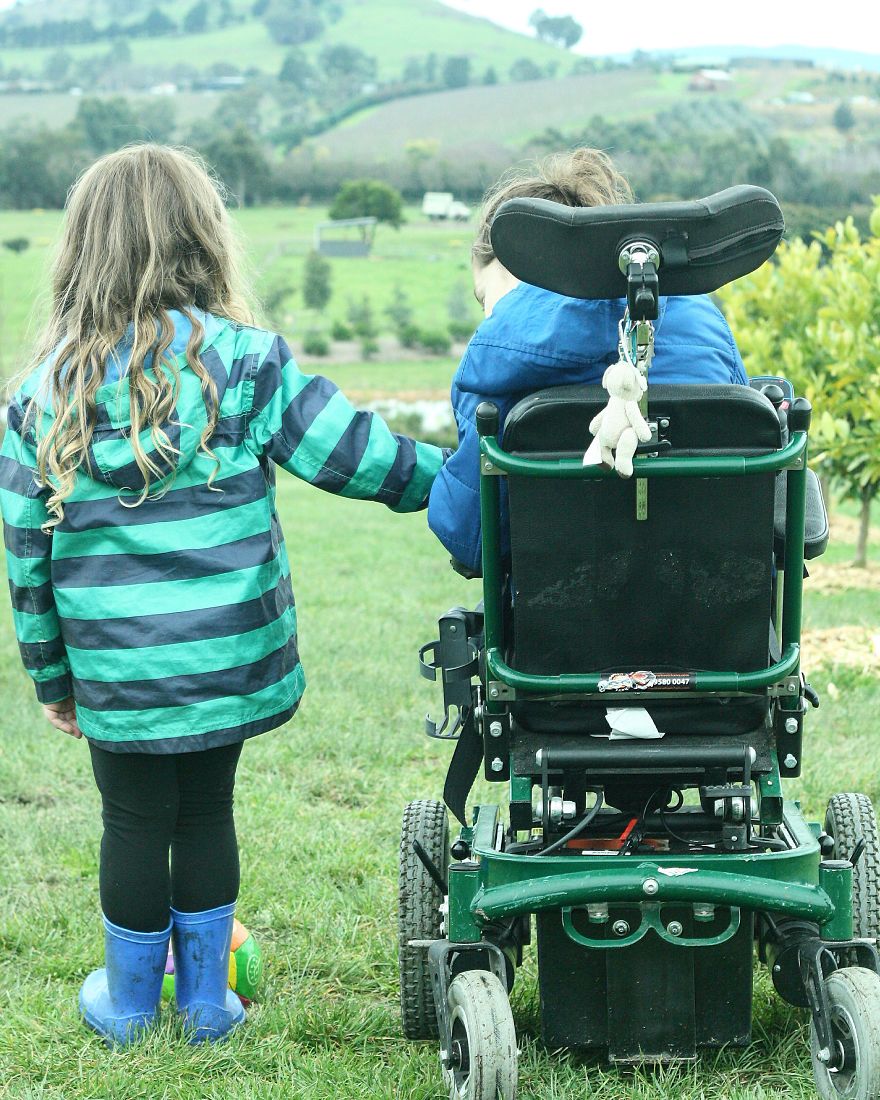Stop Using The “R” Word. Same Goes For The “S ” Word Too!
A gentle reminder that words hurt and having words with your kids can put a stop to using these words in the school yard.
.
Chances are your kids don’t even know what words like “retard” and “spastic” “spaz” actually mean yet they throw them around as insults to each other in the school yard, in hushed classroom voices or when they are frustrated with a peer.
Perhaps they do know what it means and they just don’t care?
Perhaps it’s a once off, perhaps they use it each day and perhaps they heard it from a friend, an older sibling or a parent.
I am sure there are other words to use and often people will give advice on “ perhaps say…. instead” which honestly defeats the purpose as your child shouldn’t be calling anyone a name even if it’s not derogatory like the words mentioned above.
Both these words are used to put someone down, to make them feel less , to comment on their cognitive ability or the way in which they move and they stem from language used long ago for people with a disability. They are offensive, outdated and unecessary.
These words hurt people with a disability , their family and their friends.
My kids hear these words in their school yard across Primary and Secondary school and they are shocked, it’s like a hit to the guts as they know what those words mean and where they came from. They pull their peers up, they try and explain why it’s not okay. It’s not everyday and it’s not directed at them but kids use these words as a joke to themselves or each other when they perhaps get a question wrong or dont run fast enough.
It’s exhausting to educate people all of the time. It’s hard work for a 14 year old and 10 year old to be the voice who tries to tell their peers why these words are not okay in 2019. Lots of time they are met with “I’m sorry” or “I didn’t know” but equally met with “I can say what I want” “ stop going on about it”
So I am asking for your help and support to discuss the language when you hear your child or adult friend say it. Explain why they are offensive and for kids who know it’s wrong pull your mates up on it and stand by Pepper and Coop in the school yard.
A gentle reminder that words hurt and having words with your kids can put a stop to using these words in the school yard.
.
Chances are your kids don’t even know what words like “retard” and “spastic” “spaz” actually mean yet they throw them around as insults to each other in the school yard, in hushed classroom voices or when they are frustrated with a peer.
Perhaps they do know what it means and they just don’t care?
Perhaps it’s a once off, perhaps they use it each day and perhaps they heard it from a friend, an older sibling or a parent.
I am sure there are other words to use and often people will give advice on “ perhaps say…. instead” which honestly defeats the purpose as your child shouldn’t be calling anyone a name even if it’s not derogatory like the words mentioned above.
Both these words are used to put someone down, to make them feel less , to comment on their cognitive ability or the way in which they move and they stem from language used long ago for people with a disability. They are offensive, outdated and unecessary.
These words hurt people with a disability , their family and their friends.
My kids hear these words in their school yard across Primary and Secondary school and they are shocked, it’s like a hit to the guts as they know what those words mean and where they came from. They pull their peers up, they try and explain why it’s not okay. It’s not everyday and it’s not directed at them but kids use these words as a joke to themselves or each other when they perhaps get a question wrong or dont run fast enough.
It’s exhausting to educate people all of the time. It’s hard work for a 14 year old and 10 year old to be the voice who tries to tell their peers why these words are not okay in 2019. Lots of time they are met with “I’m sorry” or “I didn’t know” but equally met with “I can say what I want” “ stop going on about it”
So I am asking for your help and support to discuss the language when you hear your child or adult friend say it. Explain why they are offensive and for kids who know it’s wrong pull your mates up on it and stand by Pepper and Coop in the school yard.


1
0